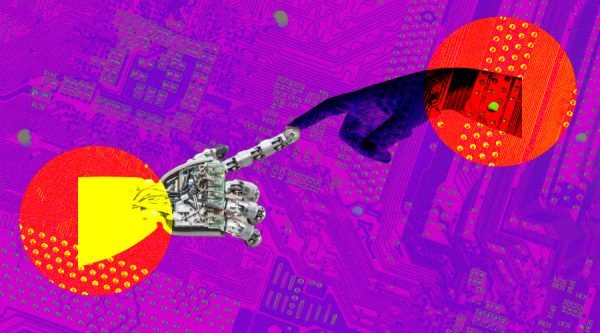TOKYO — With video conferencing becoming an essential work tool amid the coronavirus pandemic, a Tokyo-based startup has developed a way to digitally make users look professional even when they had just rolled out of bed.
Users simply need to download EmbodyMe’s app to their computer and upload professional photos of themselves. The app then generates a more polished version of their image using artificial intelligence, so users can attend Zoom and Teams meetings looking like they are in a full suit while still wearing pajamas.
EmbodyMe launched a beta version in September 2020, and has since released the full app in response to strong demand. The basic filter is free, but users can add recording and other capabilities for a monthly fee of $8. The startup wants to cultivate corporate clients as well.
EmbodyMe’s app relies on a range of complex technologies. It tracks 50,000 different points on users’ faces in 3D to detect shifts in expressions, which, combined with neural rendering, allows it to generate a natural-looking image on the screen. It can reflect the users’ movements as well, including when they move closer to their camera.
Synthetic media generated using such technologies have made leaps and bounds in recent years. EmbodyMe’s strength lies with its unique ability “to process and generate videos entirely in real time,” said President Issay Yoshida.
He said the app can generate high-quality imaging in 0.01 second even on computers bought off the shelf, at least 50 times faster than competitors, and resulting in virtually no lag.
Other players are focusing on digital avatars that can attend online meetings instead of their users.
Japan’s National Institute of Information and Communications Technology (NICT) developed REXR, a tool for making an avatar that faithfully recreates expressions and gestures. REXR makes use of AI to determine a person’s build and joint locations from photos or videos, generating an avatar that matches the individual’s unique characteristics.
When switched on, REXR captures a person’s movements through a camera and approximates the motions with the avatar’s mouth flaps and gestures. NICT anticipates REXR being used for virtual offices, while the goal is to commercialize the tool as soon as the next fiscal year.
“It can convey lines of sight, the vibes and even human emotions,” said an NICT researcher.
Source: asia.nikkei.com









